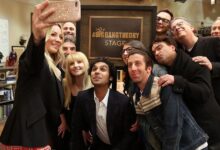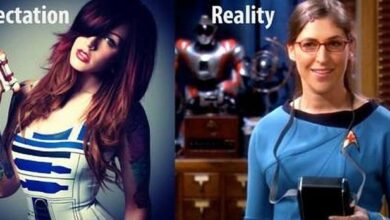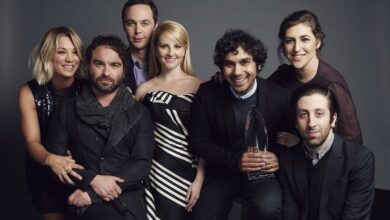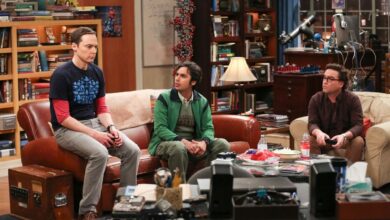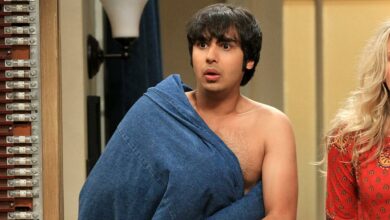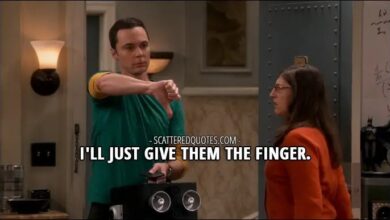‘The Big Bang Theory’ Was Absurdly Banned in China
The Big Bang Theory is one of the greatest success stories in television history. The series aired for 12 seasons from 2007 to 2019, achieving critical acclaim and winning 10 Grammy Awards. Millions of viewers tuned in each week to watch their favorite group of nerdy physicists attempt to solve their ridiculous issues.
From the quick wit to the struggle with real physics problems, audiences enjoyed the smarter-than-usual situational comedy. It allowed geeks around the globe the chance to embrace their intelligence, realizing it was okay to be different.
While Americans fell in love with Sheldon, Leonard, and Penny, the Chinese government felt differently. For a short time, The Big Bang Theory was banned in China. Admittedly, the reason is pretty absurd.
One of television’s greatest sitcoms
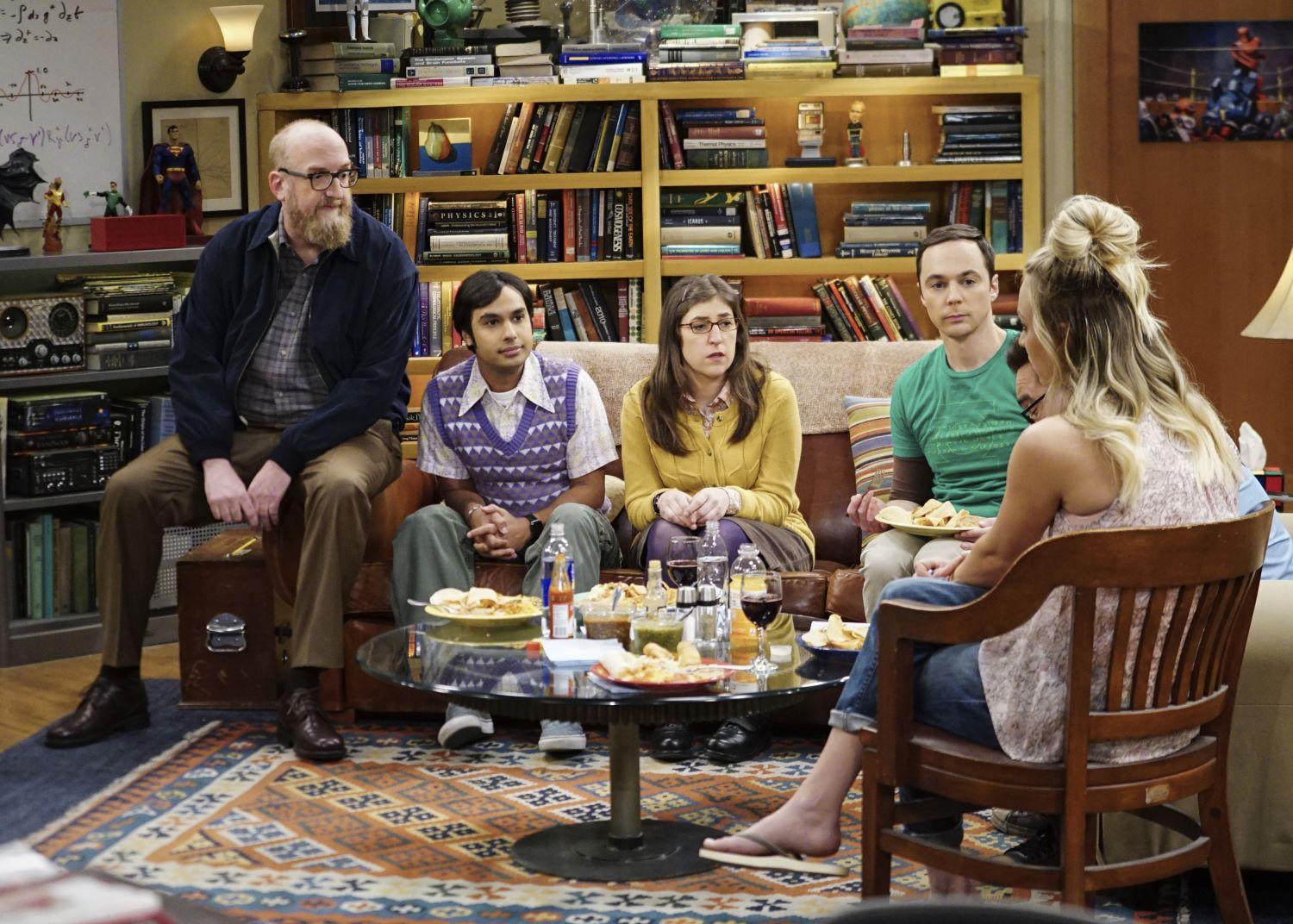
Fans of the hugely successful sitcom often refer to The Big Bang Theory as a new-age version of Friends, minus the coffee shop.
While the show does center around a group of friends, the similarities stop there. They are all physicists working at CalTech, struggling to navigate their way in mainstream society.
Comic books and video games are the preferred form of entertainment, and dinner conservation involves physics problems that go way above most of our heads.
Meanwhile, the group of nerds seek romance and learn about love from the bubbly waitress across the hall, Penny (Kaley Cuoco).
The series was a global phenomenon
In 2014, the entertainment industry was stunned to find out the Chinese State Administration of Press, Publication, Radio, Film and Television (SARFT) was banning The Big Bang Theory from Sohu, the country’s largest streaming service.
After the show received 1.3 billion views, it was suddenly pulled. Show producer Chuck Lorre considered “the move another communist strike against individualism.” Others speculated that the controversial move was an attempt by SARFT to limit Western influences. Some accused the government of not wanting “losers to be trendy.”
The ban brought attention to how popular The Big Bang Theory was in China, with some saying it brought about a cultural trend that met the needs of Chinese audiences.
Mic explained that men far outweigh the number of women in China, which could explain the show’s popularity. When the series was banned, the Chinese term diaosi was trending. Slang for loser, viewers used the word to describe the group of friends on The Big Bang Theory. People believed it was a “quiet form of protest” against widespread corruption among the wealthier population.
SARFT became increasingly nervous that the younger population was idolizing the “losers.” A 2013 Sohu survey revealed that 80% of those that responded aged 24 to 34 “self-identified as diaosi.” The theory was they considered it a badge of honor as opposed to a derogatory term.
Is the ban still in effect?
As the gaofushuai (which translates to tall, rich, and handsome) were replaced by the diaosi, the Chinese government was concerned for the future of its economic well-being.
Viewers, in both the U.S. and China, were watching shows about real people and not glossed over characters. In an attempt to gain control of content, the SARFT move only encouraged the further use of bootlegged downloadable content. They underestimated the ability of the nerds to access other streaming avenues.
According to the South China Morning Post, the brief ban was lifted in July 2015. The Big Bang Theory returned to the Sohu TV streaming service, and China’s media watchdog green lighted the show for further viewing in the country.
Foreign television shows no longer need to pass a review before airing, as the diaosi and nerds from both countries unite. Bazinga!



